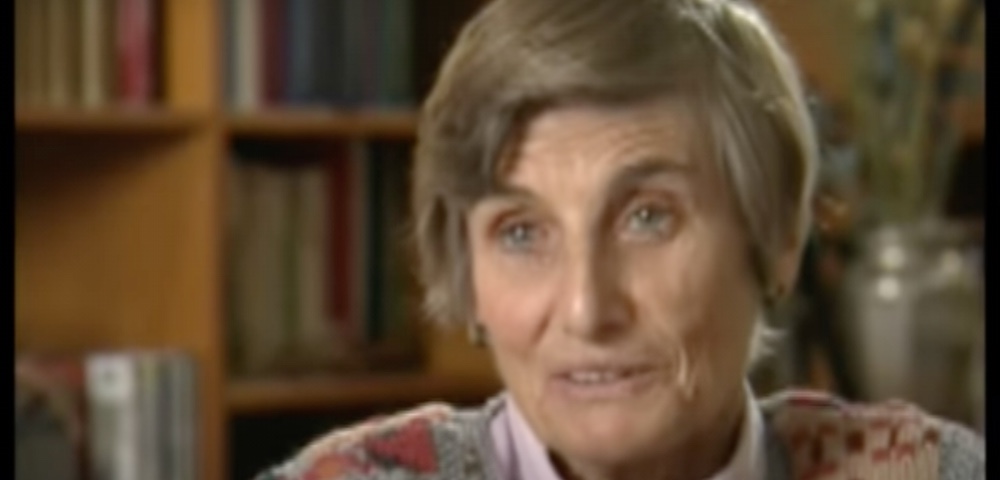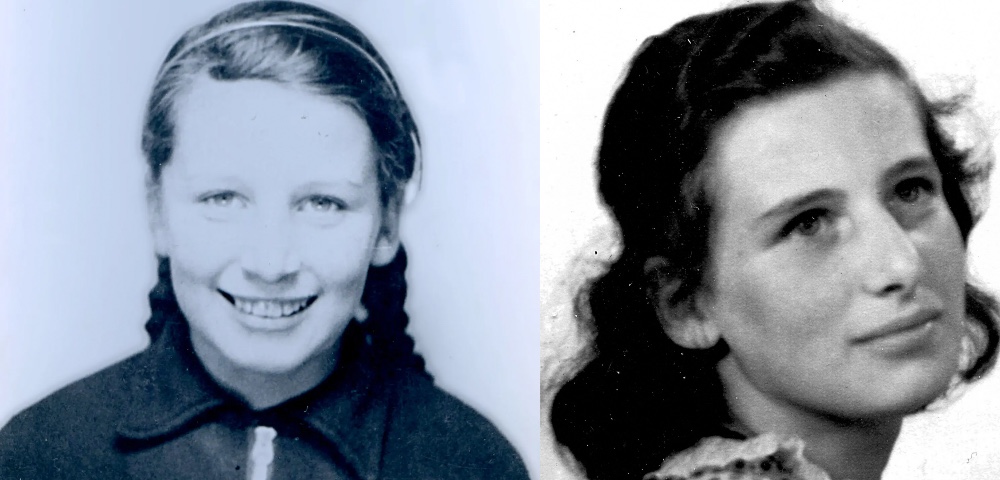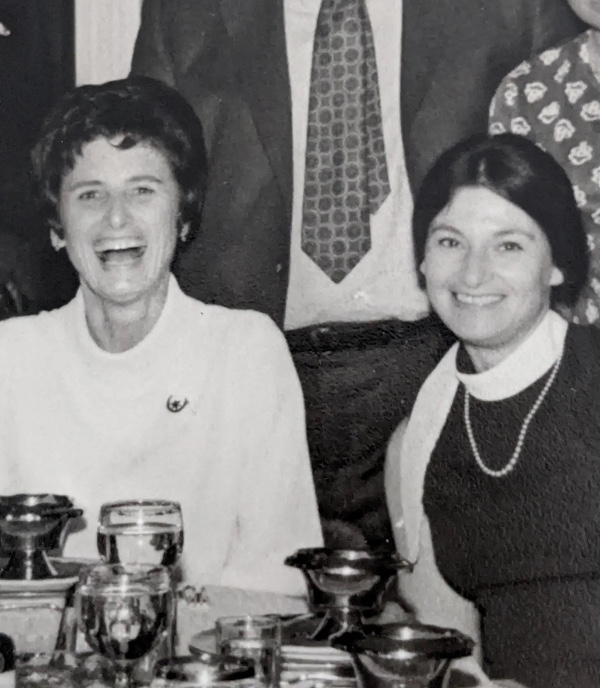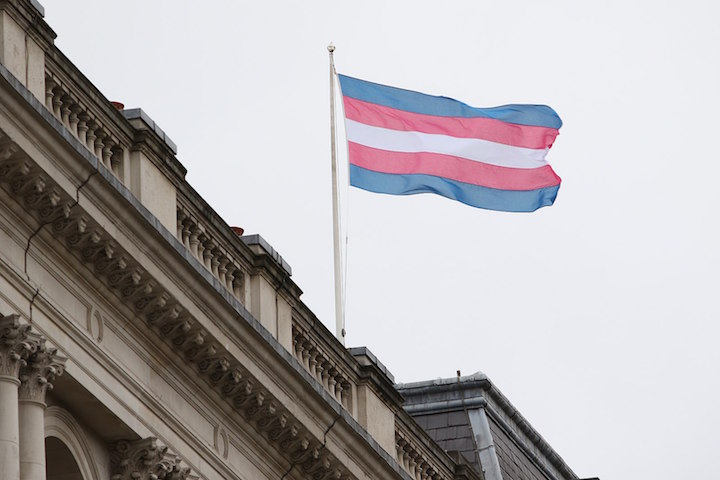
Margot Heuman, Lesbian Holocaust Survivor, Dies At 94

Margot Heuman, the first lesbian Jewish holocaust survivor to testify about her experience in the concentration camps, died on May 11 at age 94.
Born in 1928 Germany, Heuman grew up in Bielefeld and was the eldest of two daughters. In 1943, her family were arrested and deported to Theresienstadt ghetto in Czechoslovakia.
Theresienstadt was a town used as a transit camp to take Western Jews en route to Auschwitz and other concentration camps under Adolf Hitler’s reign. She was 14 at the time.
Sent To Concentration Camp
While in the ghetto, she and her younger sister, Lore, lived in a children’s home and would see their parents after work every day. In the youth home, she met a Viennese girl named Dita Neumann and the two began an intimate relationship in secret.
According to the NY Times, though the Theresienstadt ghetto had restricted Jewish traditions, there was still a community, school and culture to the town that enabled Margot to see her first opera, “La Bohème,”. The ghetto was also where she was able to embark on a relationship with a girl, having fallen in love with Dita. However, in 1944 when her father was caught stealing food, the family were sent to Auschwitz. Dita and her family were sent a month later.
Heuman’s family died in the concentration camps, but she survived, chosen for transport to camps and used for forced labour at the Neuengamme concentration camp, in Hamburg.
A Queer Romance That Survived The Nazis
In 1992, an oral history recorded by the United States Holocaust Memorial Museum showed Heuman speaking about her relationship to Dita, stating “All this time I was together with Dita. We stuck together, we shared everything. All these years after Auschwitz, I never ate anything without sharing it with her, no matter how hungry I was.”

Heuman followed this up with a conviction that she believed their relationship kept both alive. “Because of my… caring for another human being, somehow, we never lost our dignity and we remained people”, she said.
In her recounts of the experiences during the concentration camps, Heuman often spoke of the relationship with Dita as a friendship where it wasn’t until she met with Dr Hajkova, a queer woman, that she presented it as a same-sex romance.
Persecution Of Gay People In Nazi Germany

 Dr Hajkova met with Jewish survivors in her research on the queer history of the Holocaust and describes Margot Heuman’s story as one that is “one of the most important I was able to unearth”.
Dr Hajkova met with Jewish survivors in her research on the queer history of the Holocaust and describes Margot Heuman’s story as one that is “one of the most important I was able to unearth”.
Heuman described Neumann as the “love of her life”, and the two of them remained friends throughout their lives. While they did not stay together, when Neumann died of cancer in 2011, Heuman was by her side.
Heuman’s story is a notable example of queer love and her testimony on same-sex desire is significant considering the persecution of gay people and homophobia in Nazi Germany.









